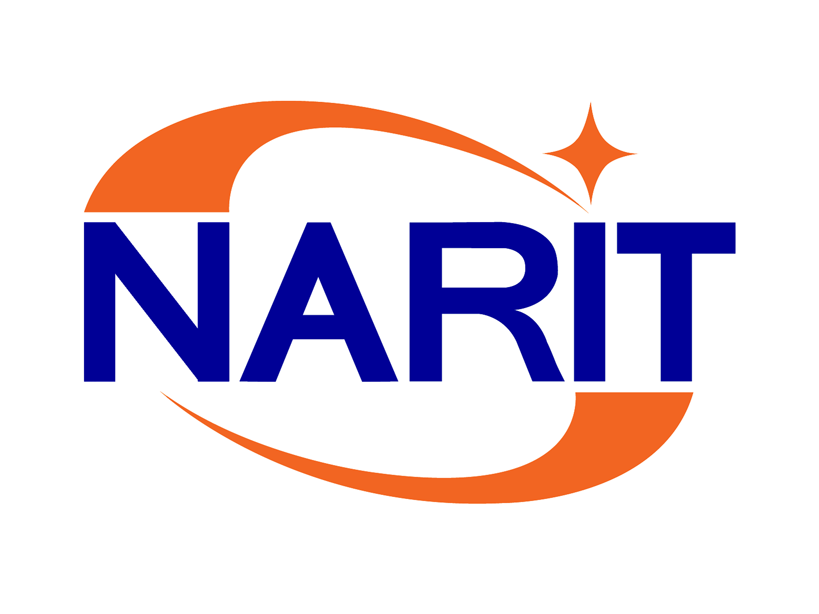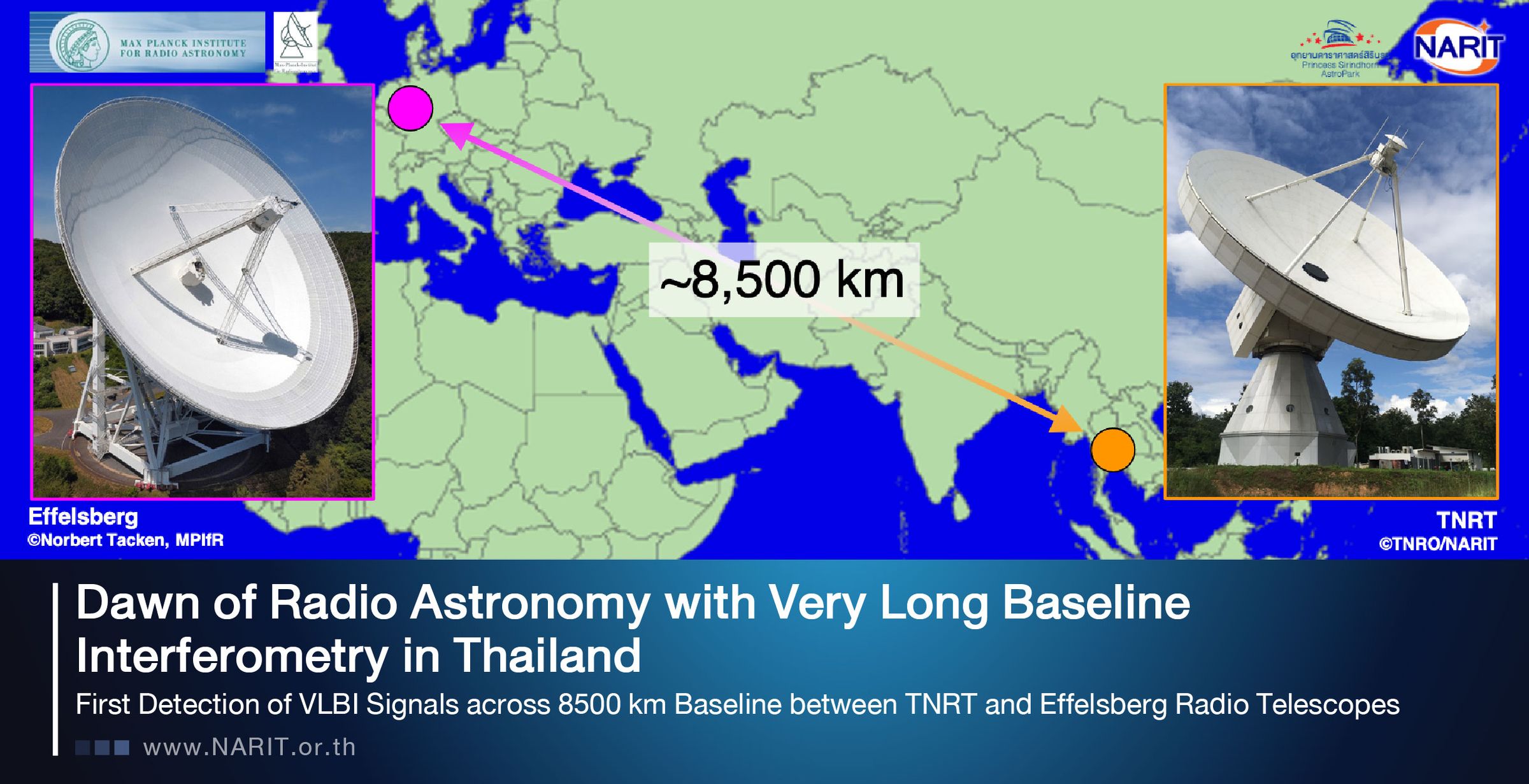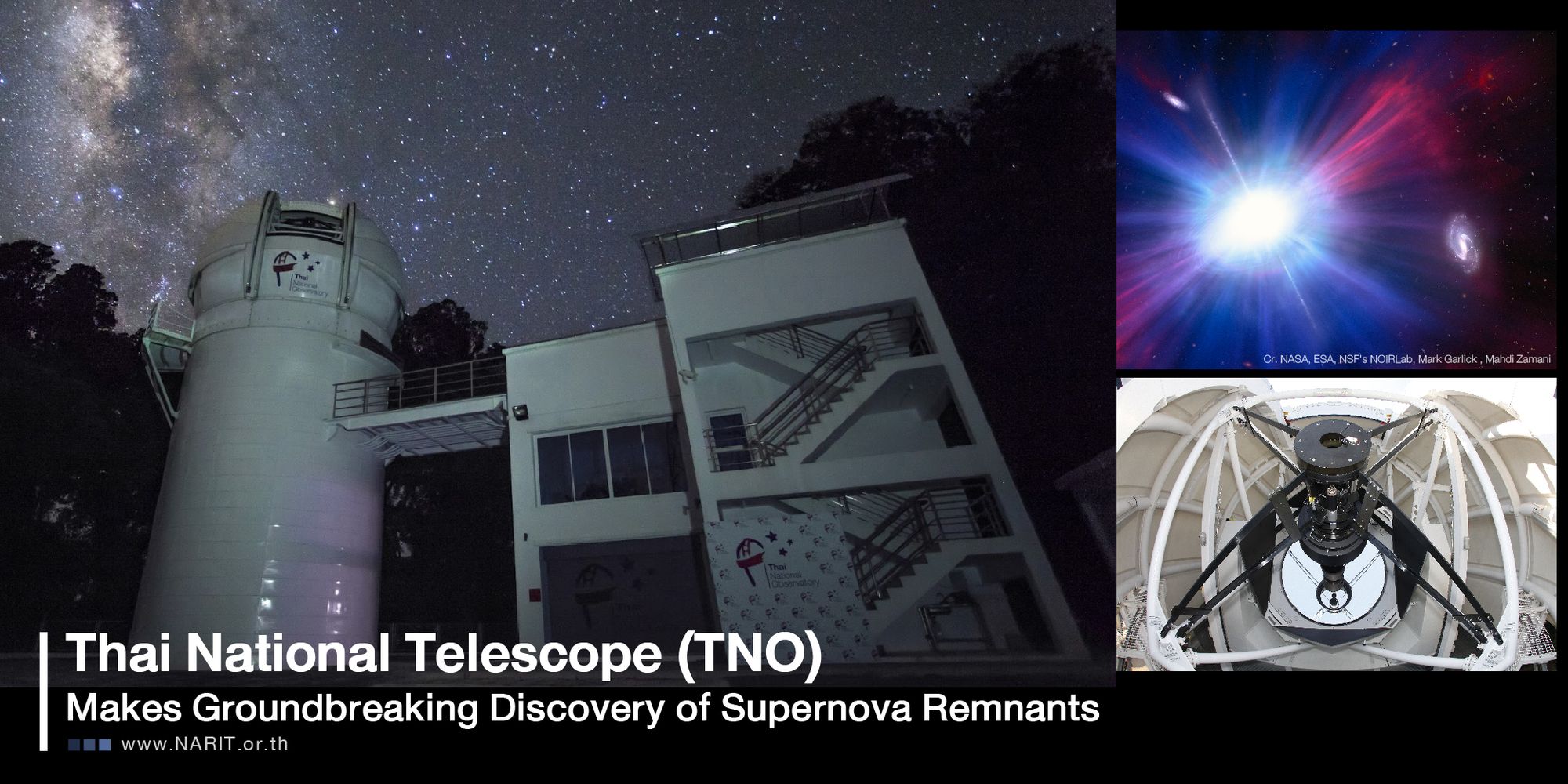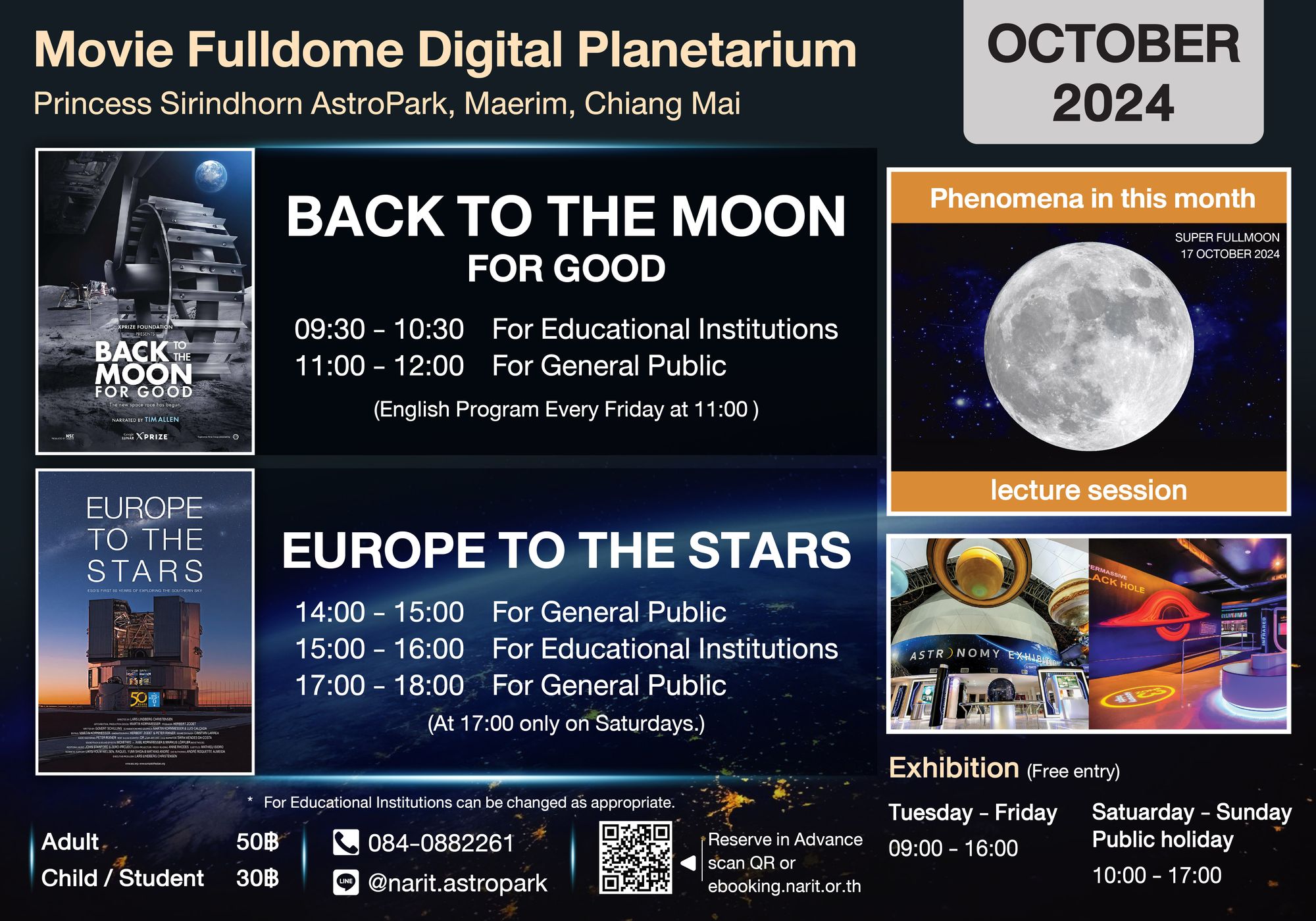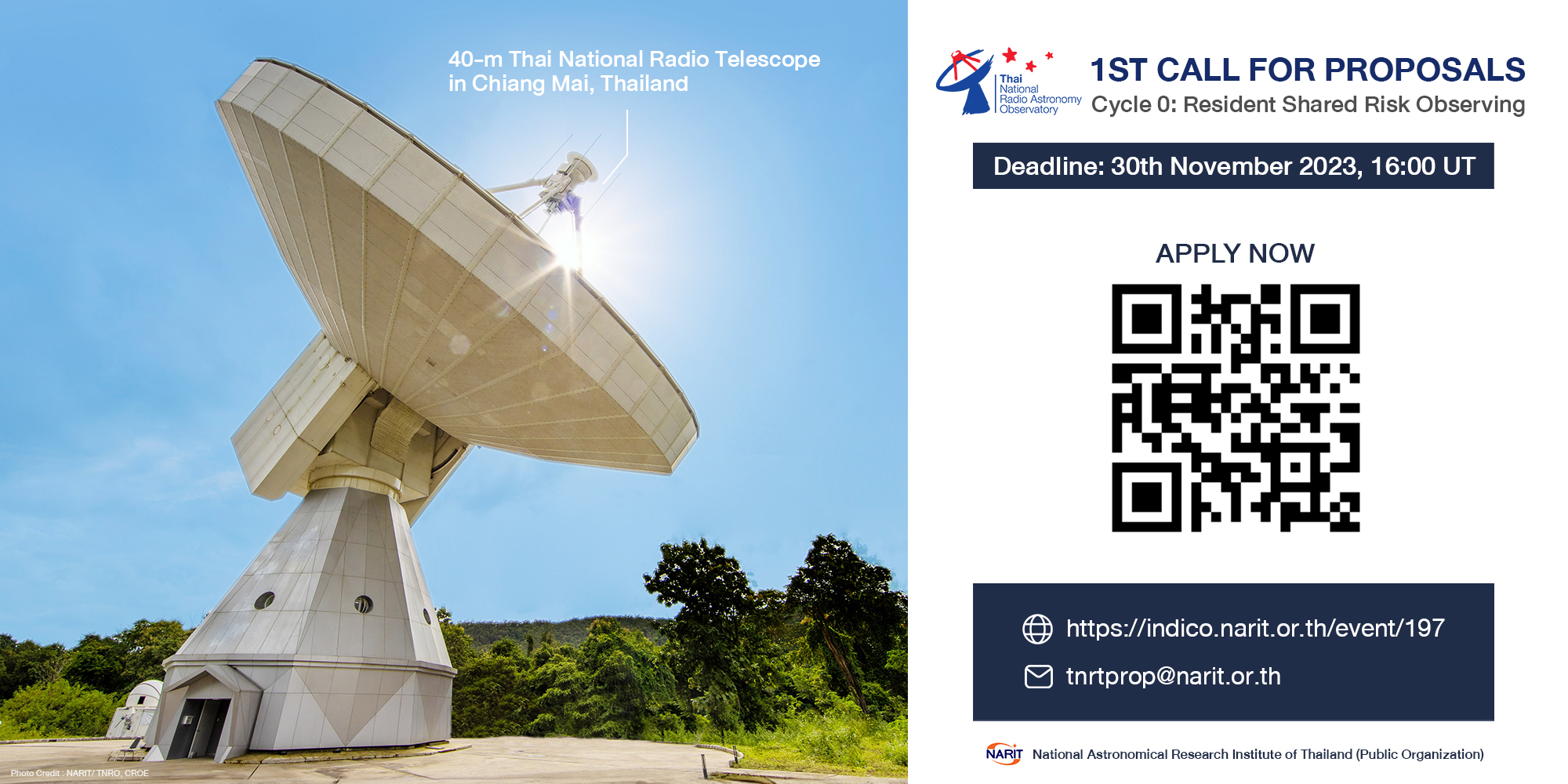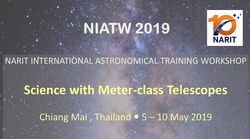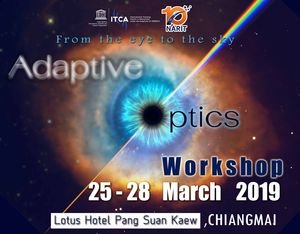- Introduction
The optical laboratory of the National Astronomical Research Institute (NARIT) comprises all the activities and facilities related to the research and development of new instruments in the following areas: coronagraphs, spectrographs and telescopes. The facilities includes the optical software for calculations and simulation activities (ZEMAX Optics Studio and Solidwork) and the rooms for experimental activities.


Figure 1: NARIT Optical Laboratory Experimental activities room.
- Adaptive Optics and Coronagraph
Current projects: design and development of medium size telescope, development of a focal reducer for the 2.4 m Thai National Telescope (TNT), development of spectrographs, research in coronagraphy and training in optical design for students, researchers and engineers through the organization of international workshops.
We are currently developing a new kind of coronagraph called the Evanescent Wave Coronagraph to perform observation of star close environment in the near-infrared and visible bands. This, for both ground-based and space instruments.

Figure 2: Adaptive Optics control schematic view.

Figure 3: Evanescent wave coronagraph optical design

Figure 4: Evanescent wave coronagraph is completed in house
- High and Low Resolution Spectrographs
We have already demonstrated contrasts equal to few 10-6 at a distance comprised between 10 and 20 Airy radii from the central star. This, in polychromatic and unpolarised light over the full I band.
Next steps: installation of an adaptive optics, development and commissioning of one prototype on the TNT at horizon 2020, development and commissioning of a final system for a very large telescope (6 -8 m diameter range) within the next 5 years.

Figure 5: EXOhSPEC optical design

Figure 6: EXOhSPEC components alignment

Figure 7: Fourier Transform Spectrograph optical design

Figure 8: Fourier Transform Spectrograph components alignment
- Telescope Design and Development
We are currently designing medium size telescope dedicated to the observation of solar planets. Main requirements: high angular resolution and good restitution of the low and the medium spatial frequencies of the observed object.
We have designed a 0.5 m telescope which performance comply to these stringent requirements. In particular: central obscuration equal to 20 % and the system comprises an active optics assembly to make sure that the image will be corrected from the static optical aberrations during the observations.
Next steps: mechanical design, manufacturing of the mechanical and optical parts, integration and alignment. First on-sky tests expected for 2019-2020 observing season.

Figure 9: Planetary Imaging Telescope optical design
Contact: Dr. Christophe Buisset email: This email address is being protected from spambots. You need JavaScript enabled to view it.
